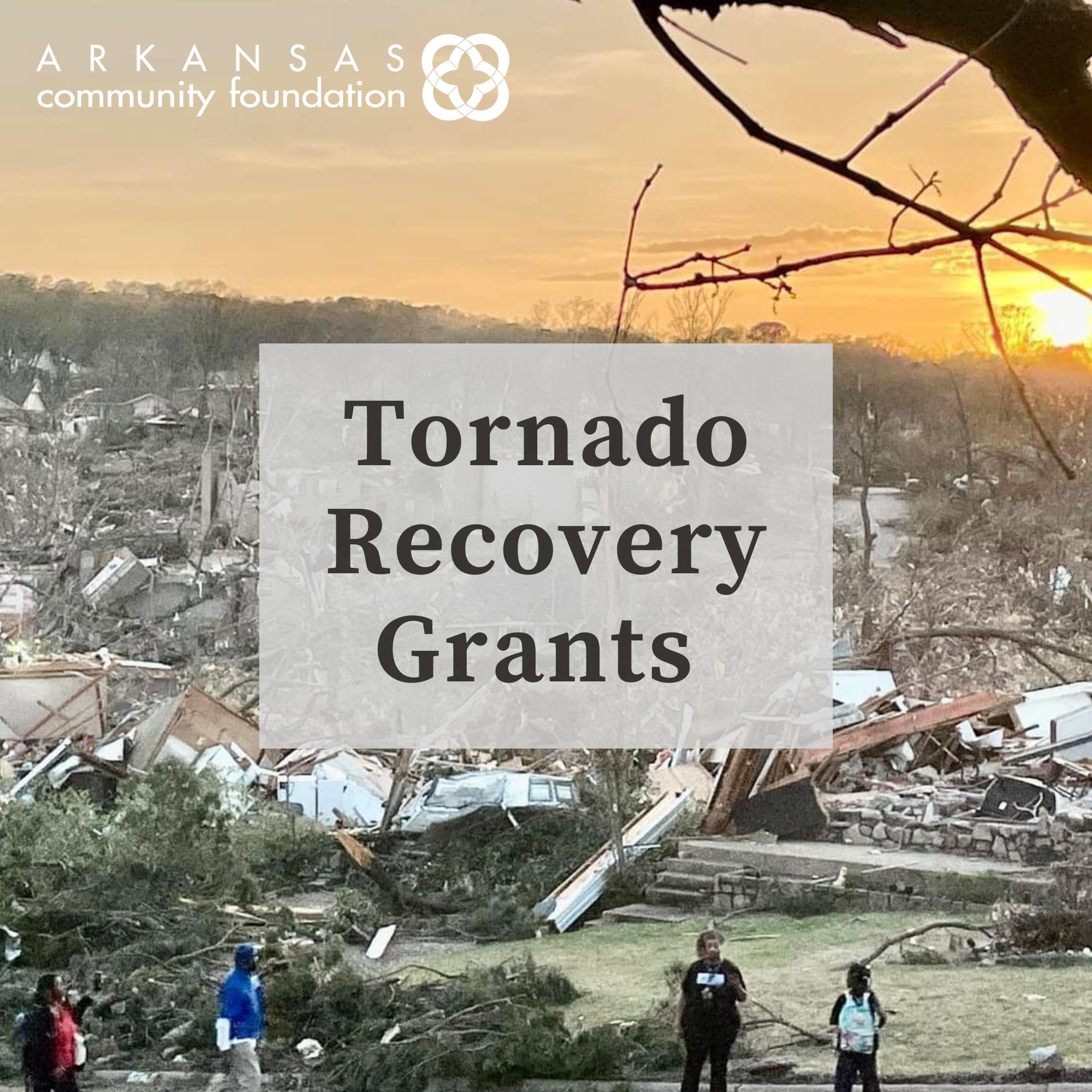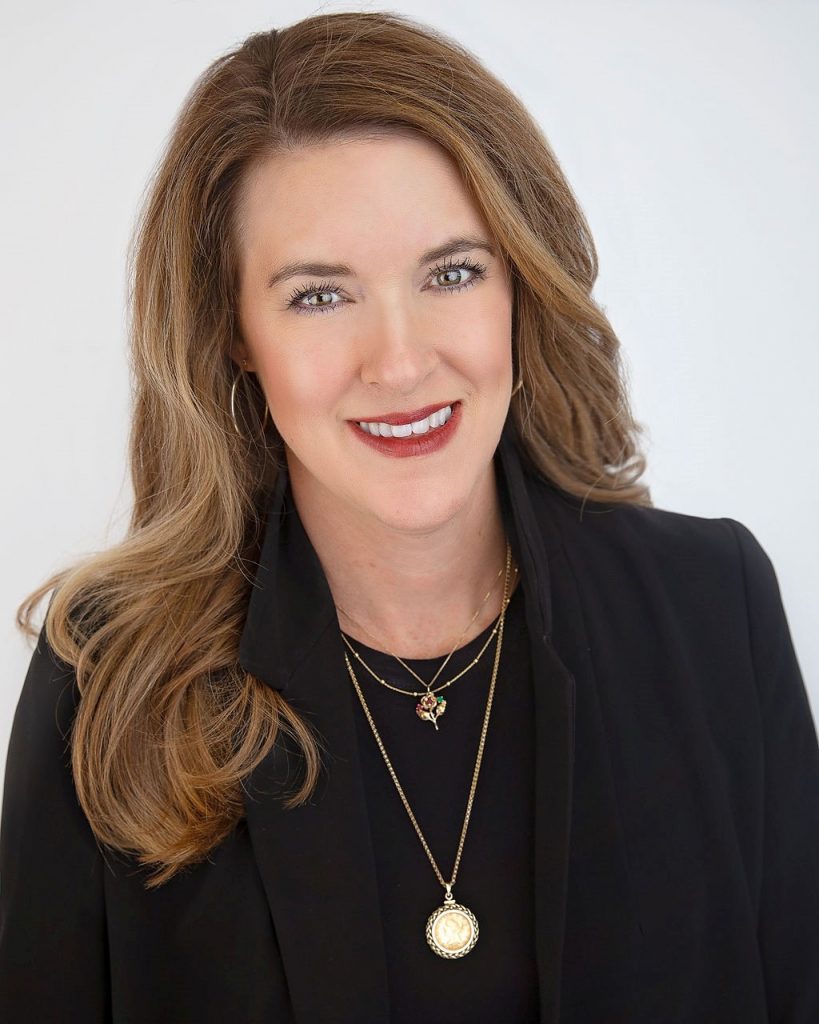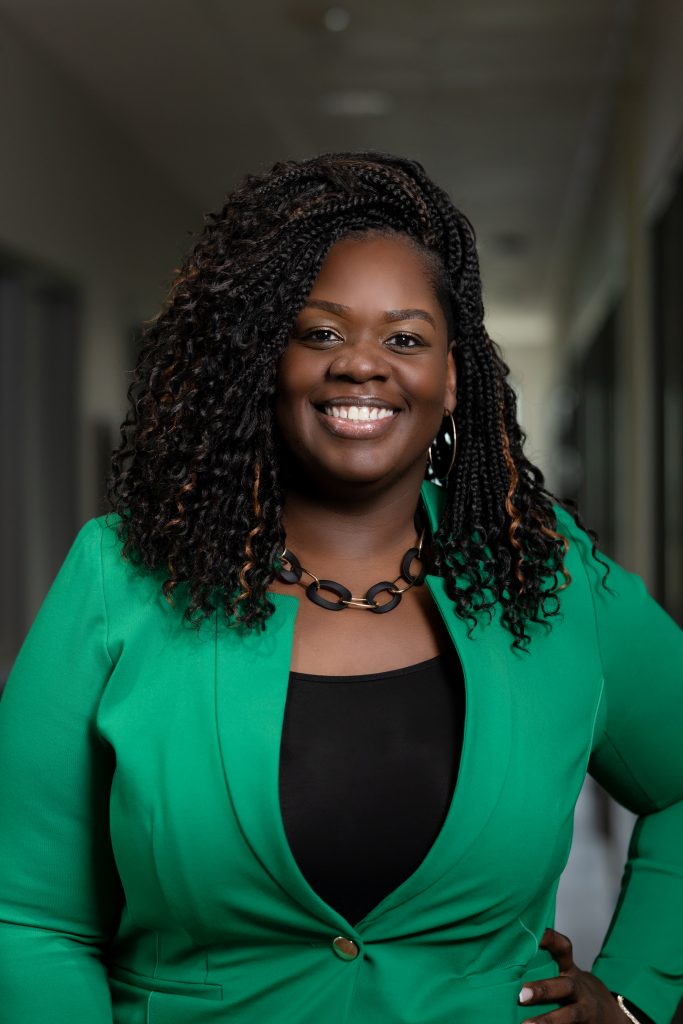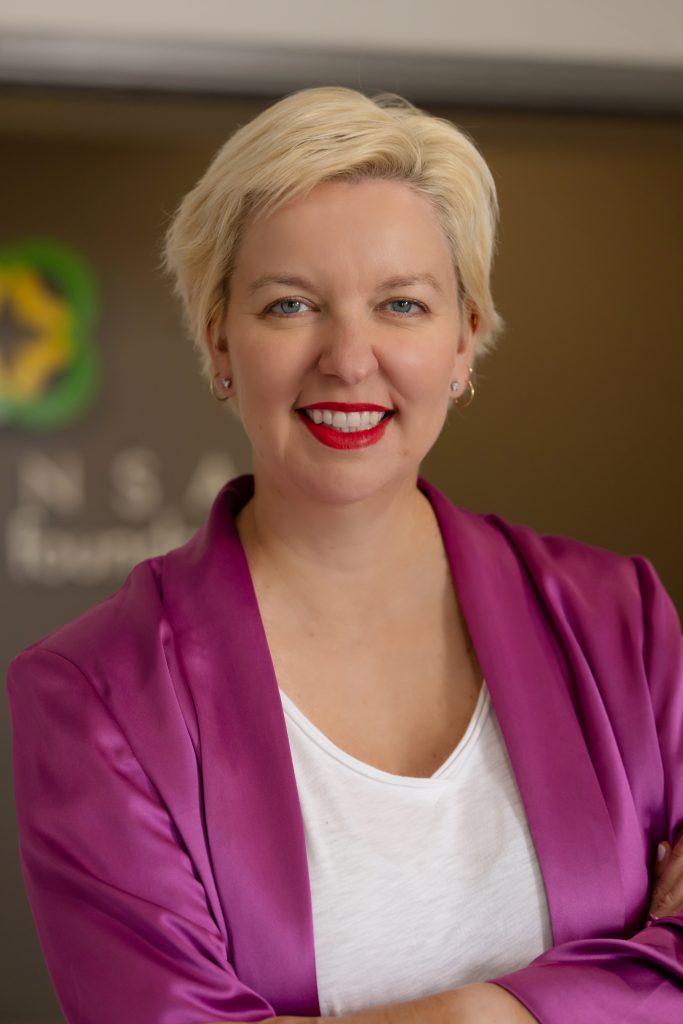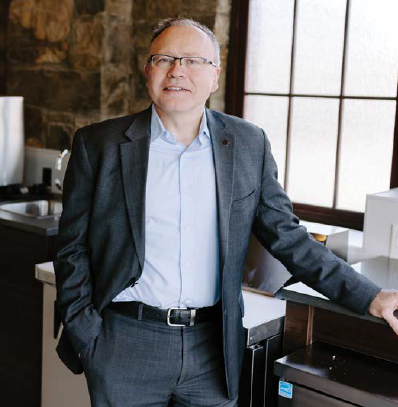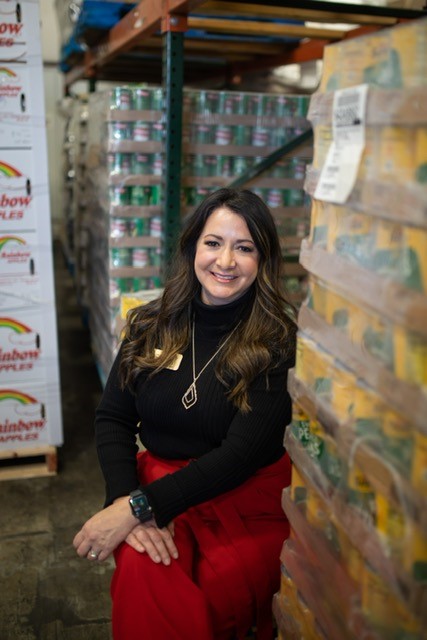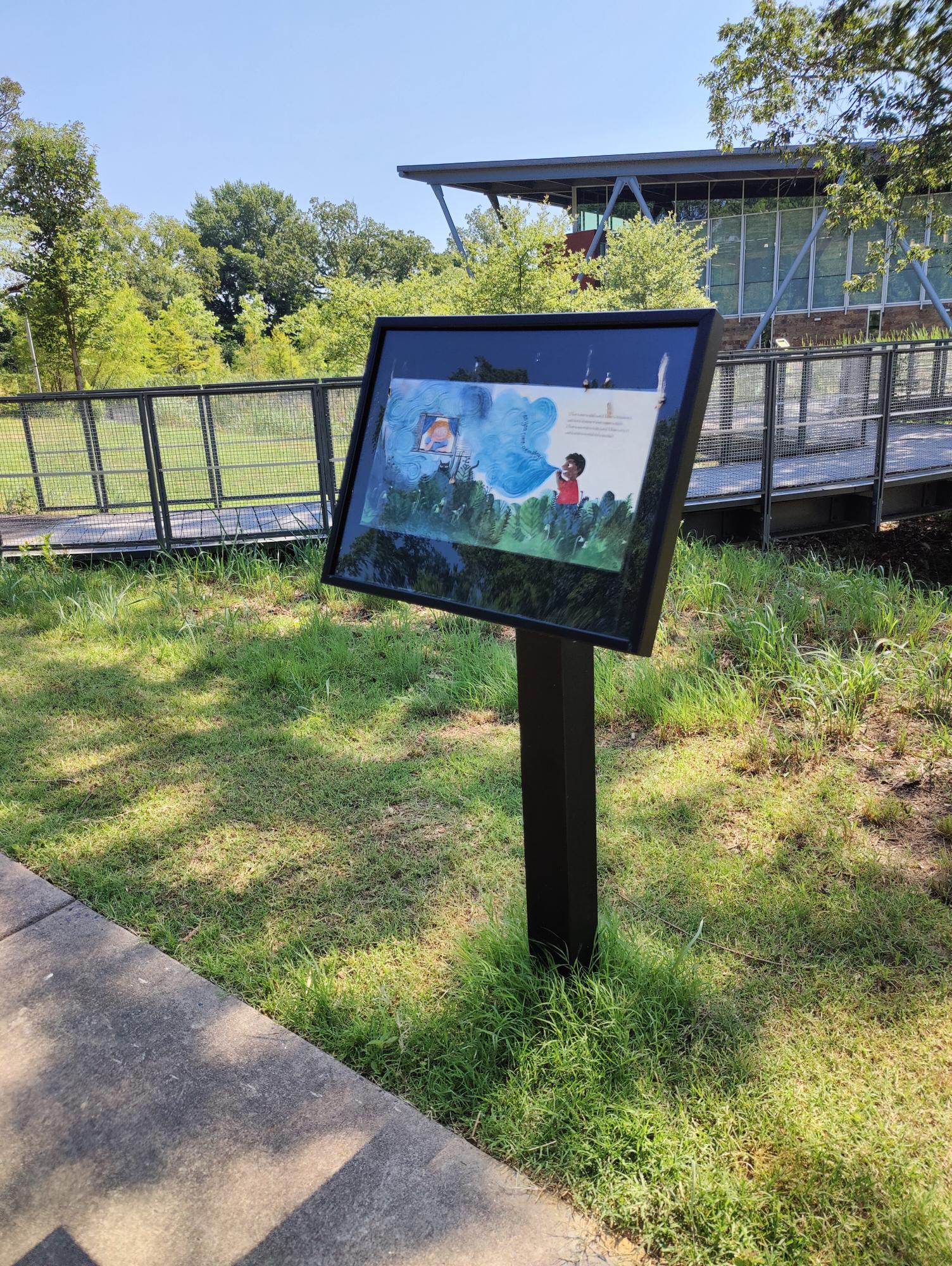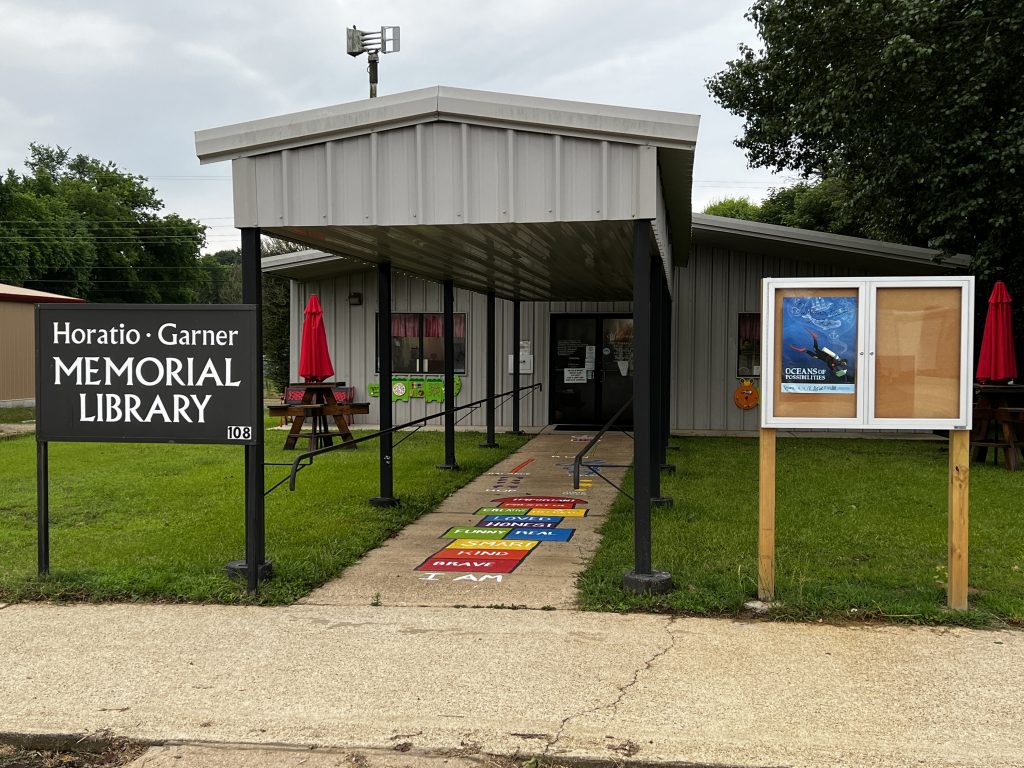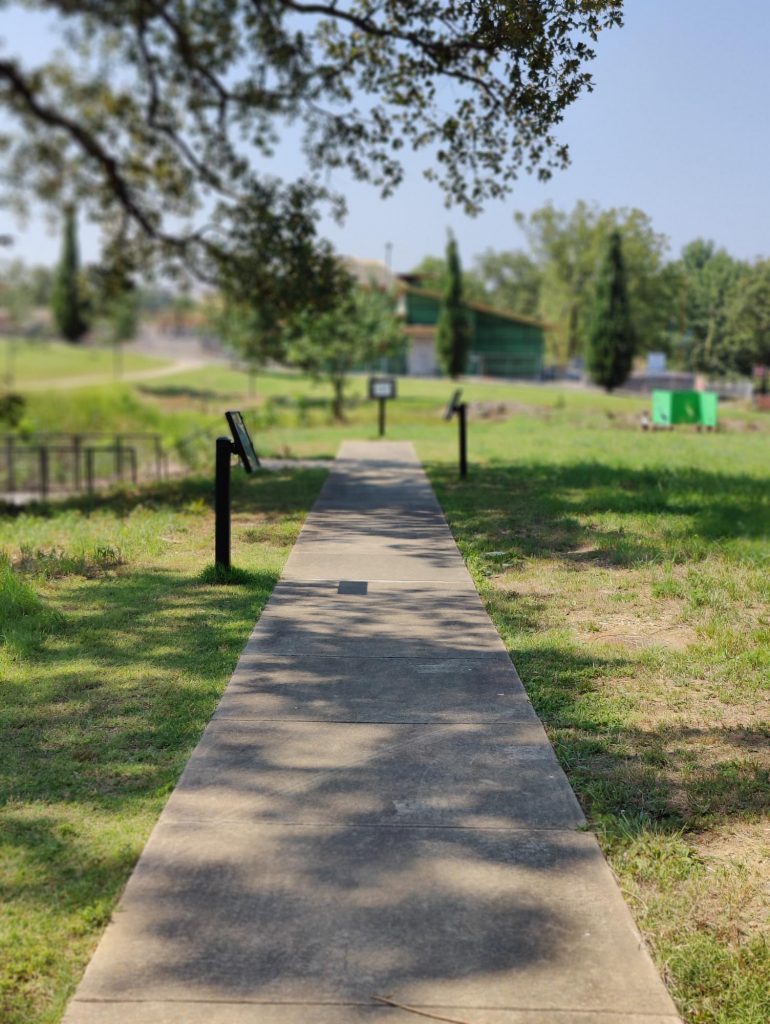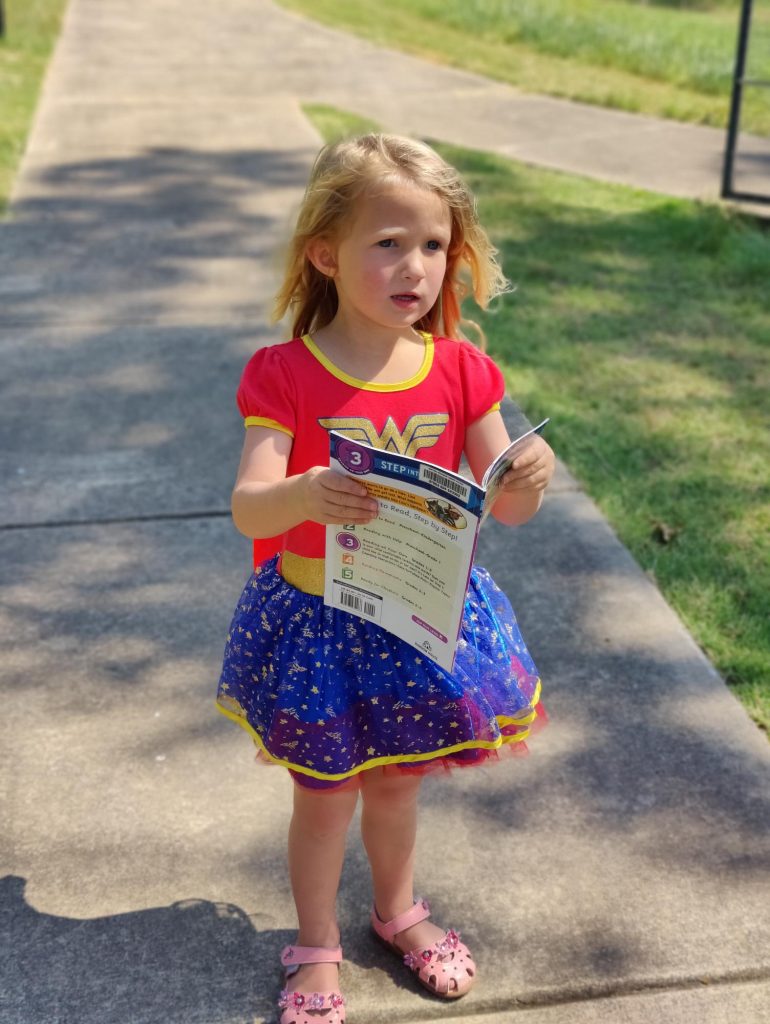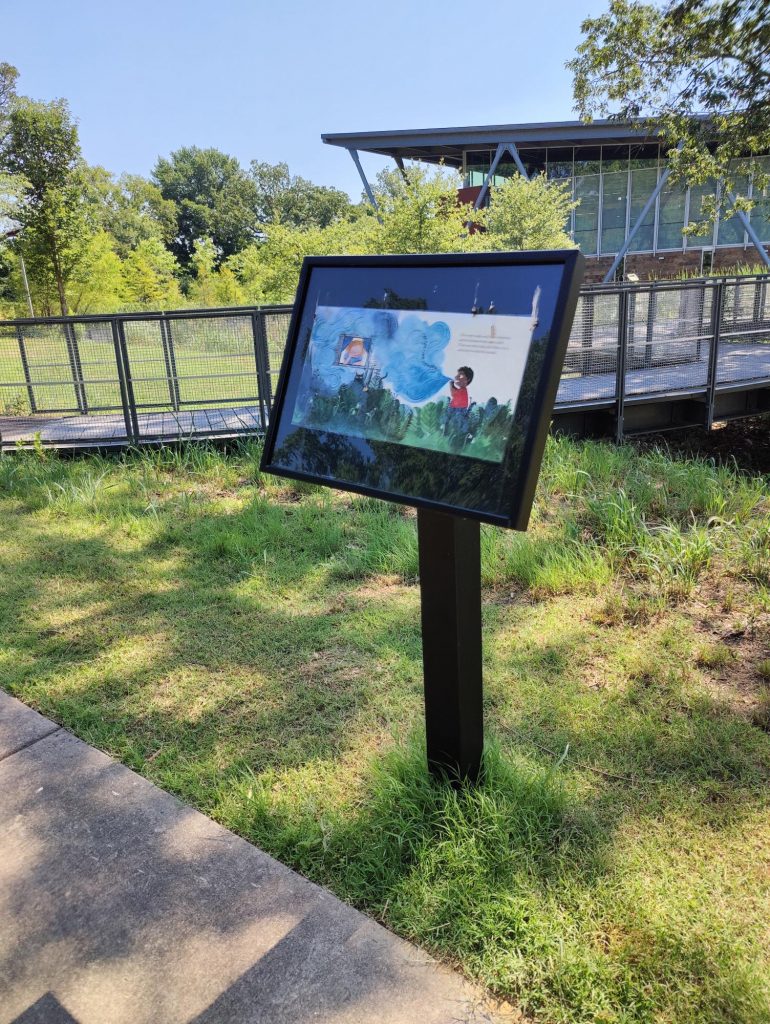For organizations in Cross, Lonoke and Pulaski counties.
Little Rock, Ark. (Aug. 1, 2023) – Arkansas Community Foundation announces the availability of grants for up to $25,000 to support organizations with programs or projects that are working on long-term tornado recovery efforts in Cross, Lonoke or Pulaski counties.
“Help is still needed for many in central Arkansas and Wynne, especially the uninsured and those who couldn’t access federal or state funds,” said Heather Larkin, president of Arkansas Community Foundation. “These grants will go to nonprofits still working to help people become fully recovered.”
In the wake of the tornados that hit central Arkansas and Wynne on March 31, 2023, the Foundation established the Central Arkansas Tornado Recovery Fund (for Pulaski and Lonoke counties) and the Cross County Tornado Recovery Fund (for Wynne,) to support nonprofits serving these communities’ long-term needs. Hundreds of donors, giving both small and large amounts contributed to the fund collectively raising more than $1 million dollars.
Priority consideration for grants will be given to organizations actively participating in intermediate or long-term recovery by providing:
- Case management, case work, or other forms of assistance to people navigating insurance, FEMA and social services
- Shelter/housing/rebuilding assistance
- Debris removal or infrastructure repair
- Financial assistance and/or basic needs to those affected, but not limited to food/meals, household products, clothing, water, and medicine
- Legal aid
- Mental health aid
- Re-establishing programs or educational services that experienced significant disruption as a result of the tornado or directly sustained damage
- Other unmet needs
Grantees will be selected by a committee of local leaders who live and work in the affected communities. Along with the local long-term disaster recovery committees, representatives from Pulaski and Lonoke County will review central Arkansas applicants and Cross County Community Foundation’s board will review Wynne applicants. Applications will be accepted from August 1 – August 31, 2023.
Full criteria and applications details are available at www.arcf.org/tornadogrants. The deadline for organizations wishing to be considered is 11:59 p.m. on August 31, 2022. For questions call 501-372-1116 or email arcf@arcf.org.
Arkansas Community Foundation and Cross County Community Foundation do not provide direct programming or immediate relief work. They rather focus on long-term and intermediate recovery through grantmaking to nonprofits serving the affected areas.
Arkansas Community Foundation, a statewide nonprofit organization, provides resources, insight and inspiration to build better Arkansas communities – communities where our kids will want to raise their kids. The Community Foundation is the largest grantmaker in the state in the number of grants made each year. Since 1976, the Foundation has provided more than $393 million to nonprofits. The Foundation staff works directly with donors, professional advisors and nonprofits to help strengthen Arkansas communities through strategic philanthropy and focusing on local needs. Its assets rank among the top 60 out of more than 800 community foundations in the United States. Serving statewide and local initiatives, the Community Foundation helps connect those who want to give to causes they care about. Contributions to Arkansas Community Foundation, its funds and any of its 29 affiliates are fully tax deductible.
###

